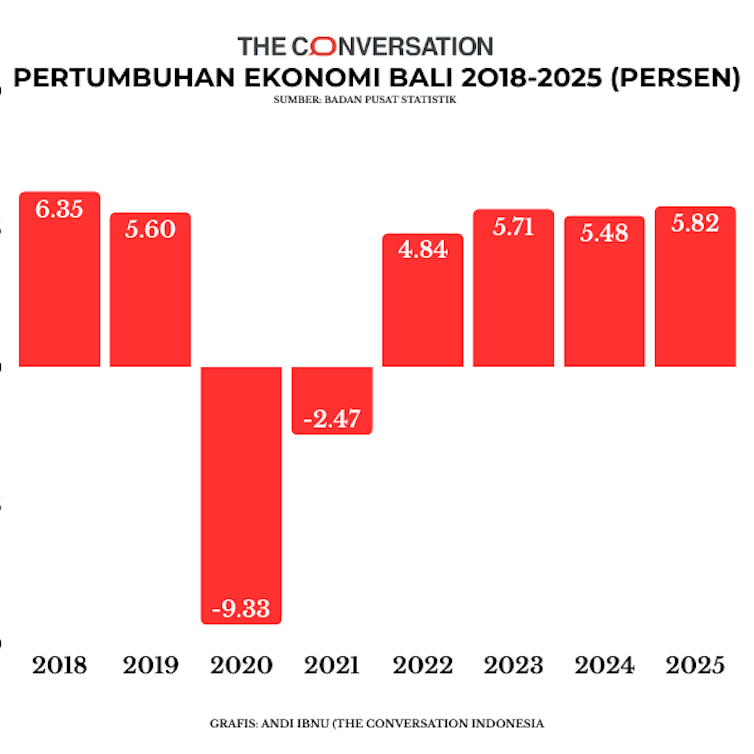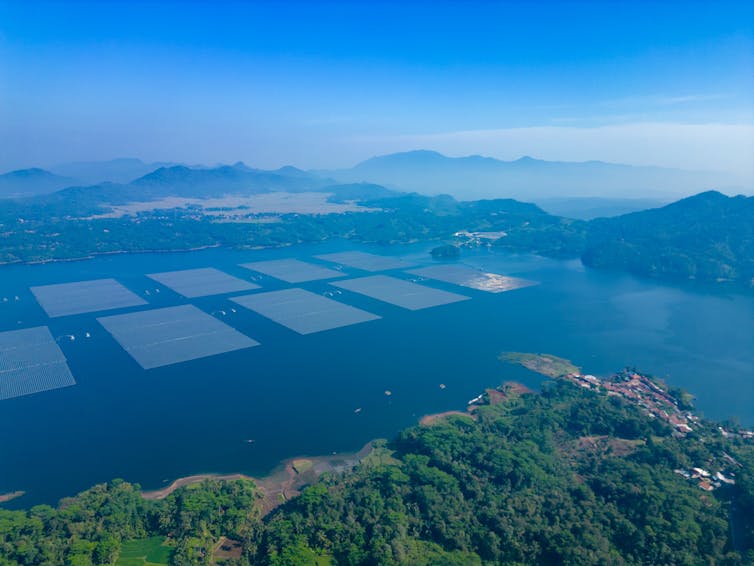DHL sends healthcare supplies for World Health Organization to the Pacific Islands
- Written by DHL
- Tourism-dependent islands badly impacted by more than 90% decline in passenger flights
- Supplementary COVID-19 supplies moved through Singapore and Fiji to reach the Pacific islands
SINGAPORE - Media OutReach[1] - 26 November 2020 - The far flung islands in the Pacific have not been spared the brunt of COVID-19. The World Health Organization has been working tirelessly to ensure much-needed supplies and healthcare equipment reach the shores of these islands. While the number of cases has been relatively small[2], many of these countries, which are heavily dependent on tourism, have been impacted by the dramatic cuts in passenger flights, resulting in a logistical challenge to send in basic supplies on a regular basis.

Image taken prior to Covid-19
This week, the World Health Organization coordinated its latest cargo donation through DHL Global Forwarding ("DHL"), the freight specialist of Deutsche Post DHL Group, to support the islands' fight against COVID-19. The shipments, worth over EUR 650,000 contained medical devices such as oxygen concentrator sets, patient monitors and pulse oximeters, were airfreighted from Singapore to Fiji, where they will be dispatched to eight islands in the Pacific. The Pacific Islands, which had previously managed to avoid large outbreaks, experienced a recent spike[3] in COVID-19 infections that doubled its total number of cases.
Due to the shortage of air capacity with passenger flights reduced by more than 90%, the freight had to be broken down into three tranches, sent some two weeks apart. DHL Global Forwarding organized the first shipment from Singapore to Fiji on 22 October, and will be stored till the last shipment arrives on 19 November. From Fiji, special flights or shipping lines were then organized into eight markets, Cook Islands, Kiribati, Nauru, Niue, Solomon Islands, Tokelau, Tuvalu and Tonga, to ensure they reached their destination.
"Ensuring that the Pacific Island countries have access to the necessary medical equipment and supplies to prepare for and respond to COVID-19 is a priority for the World Health Organization. But reaching such remote places, especially when so many airports are closed, is a huge logistical challenge. WHO is happy to be working with our partners like DHL to be able to make this happen." said Dr Takeshi Kasai, WHO Regional Director for the Western Pacific.
The medical devices, which will be sent to hospitals and other healthcare institutions, will aid local medical professionals in treating COVID-19 patients.
"Whilst the Pacific Islands' geographic distance from densely populated countries had helped them avert major outbreaks during the pandemic, it has equally worked against them in acquiring much-needed supplies due to the scarcity of air freight capacity. As one of the few global logistics players in the Islands and one with a geographic footprint as wide as ours, we are glad to be able to play a part in delivering the medical equipment and living up to our purpose of 'Connecting People, Improving Lives," said Kelvin Leung, CEO, DHL Global Forwarding Asia Pacific.
More than ever before, the criticality of logistics networks have been demonstrated in the battle to get much needed supplies to countries that need it the most. Since the start of the year, DHL Global Forwarding tapped on its network of life science and healthcare facilities, temperature-controlled solutions and customs clearance expertise to fly more than 1.3 million[4] COVID-19 test kits from South Korea to Brazil, Ecuador, India, Lithuania, Poland, Russia and Saudi Arabia. The freight forwarder also launched a dedicated 100-ton weekly air freight service[5] for organizations and governments shipping health and medical-related items and other goods from China to Middle East and Africa.
Note to editors:
Vaccine logistics for Covid-19 will pose challenges along the supply chain that must be jointly addressed by governments, NGOs, pharmaceutical companies, and logistics players urgently. Find out what lessons Covid-19 has taught on securing stable supply chains for future emergencies and the complexities in distributing the vaccine across the globe.[6]
References
- ^ Media OutReach (www.media-outreach.com)
- ^ small (www.who.int)
- ^ recent spike (www.who.int)
- ^ 1.3 million (www.dhl.com)
- ^ 100-ton weekly air freight service (lot.dhl.com)
- ^ Find out (lot.dhl.com)
Authors: DHL
Read more https://www.media-outreach.com/release.php/View/55455#Contact




